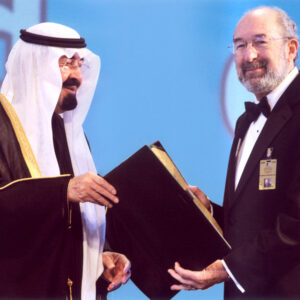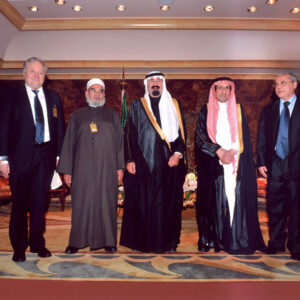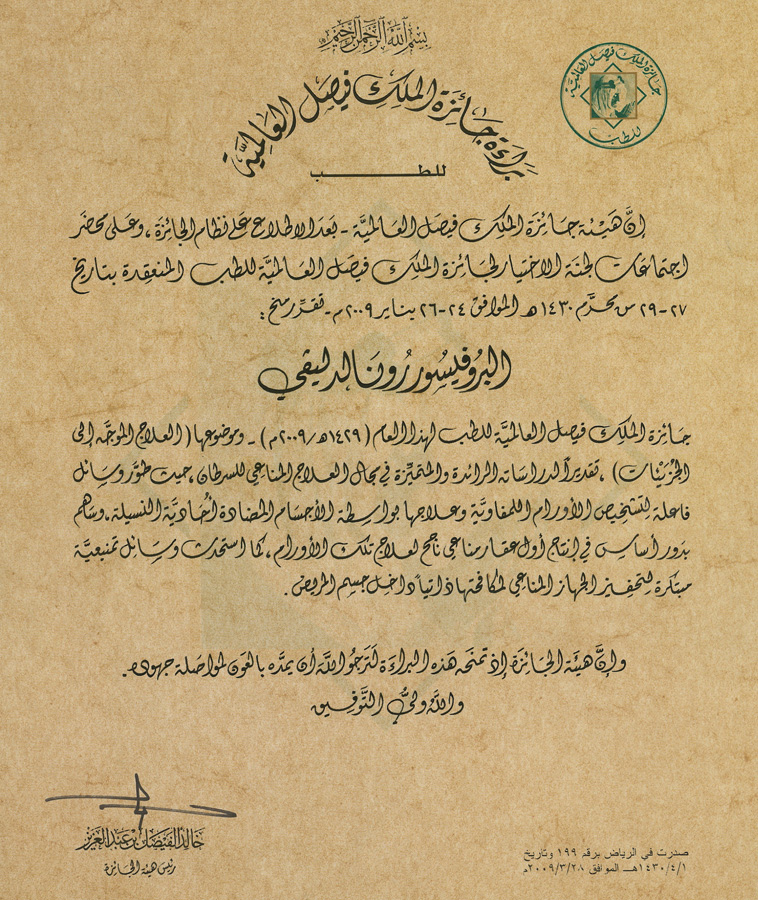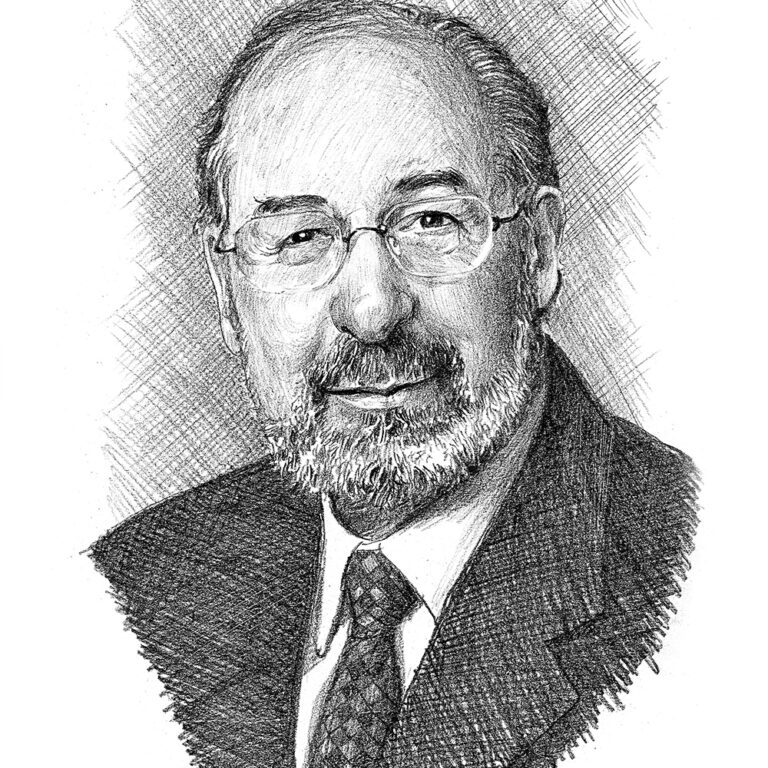
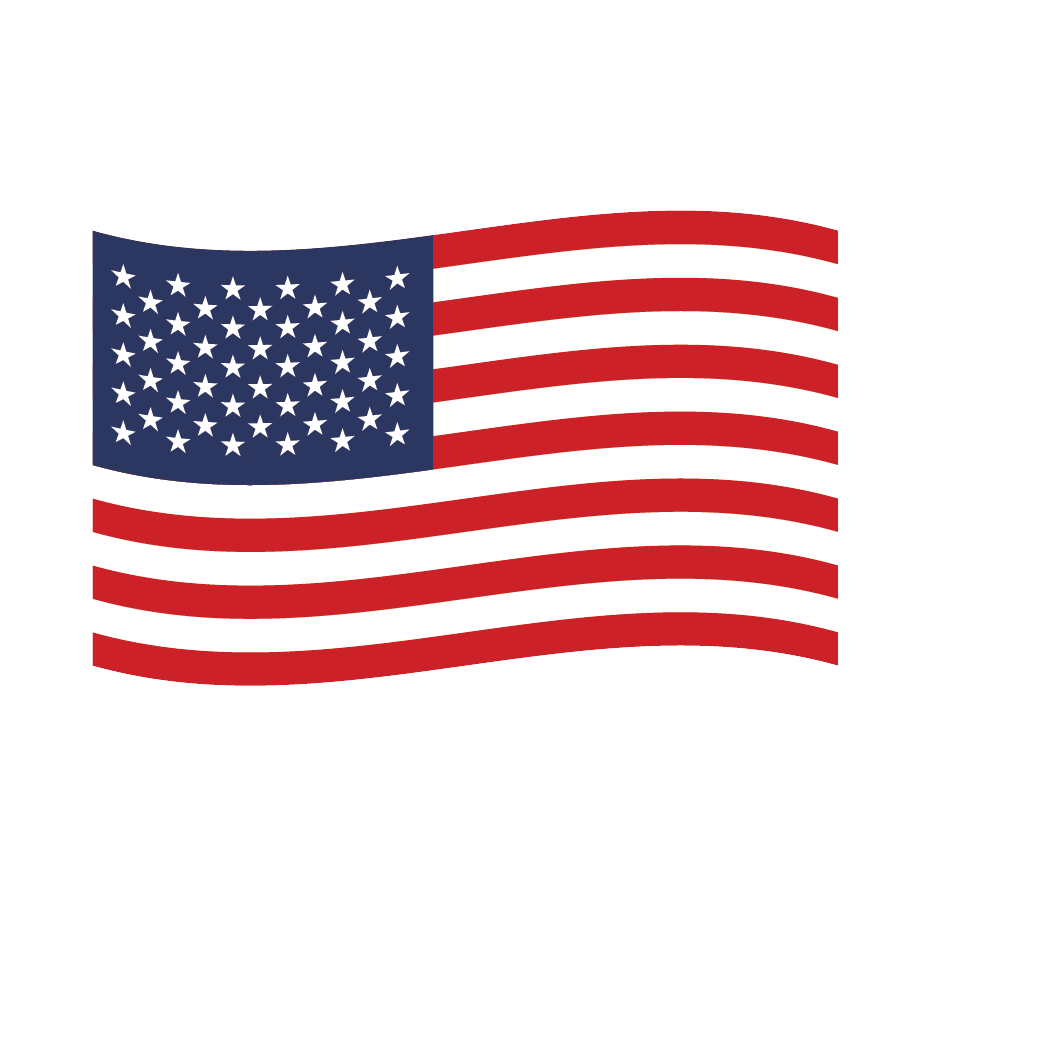
Professor Ronald Levy
King Faisal Prize in Medicine 2009 Laureate
Topic: "Molecular Targeted Therapy"
There is a big gap between discovery and development that we are trying to fill

Ronald Levy received his A.B. from Harvard University in 1963, his M.D. from Stanford University in 1968, and completed his internship and residency in internal medicine at Massachusetts General Hospital in 1968-1970. He also served for two years as a clinical associate at the Immunology Branch of the National Cancer Institute, followed by one year fellowship at Stanford and two years at the Weizmann Institute of Science in 1973-1975. He joined the Stanford University School of Medicine in 1975 as assistant professor, and is currently the Robert K. and Helen K. Summy Professor, Frank and Else Schilling American Cancer Society Clinical Research Professor and Chief of the Oncology Division at the Department of Medicine at Stanford University.
Professor Levy’s exceptional contributions were instrumental in establishing the role of monoclonal antibodies in the treatment of B-cell lymphomas. Over the past 30 years, he discovered that it was possible to generate antibodies that would recognize specific receptors on these cancer cells and tag them for destruction; he conceived the idea of using these antibodies as molecular targeted drugs to kill the tumor cells and saw his idea develop into an FDA approved drug, Rituxan, which is used to treat half a million people with B-cell lymphoma each year. He also developed and worked on the idea of a customized vaccine based on the patient’s own tumor cells and is using state-of-the art genomic technologies to evaluate genetic signatures that would allow prediction of a response to treatment.
Professor Levy, also known as the “antibody hero”, received numerous awards and honors, including nearly every major award in cancer research, as well as fellowships and memberships of learned societies and an impressive list of invited lectureships and Scientific Advisory positions. He published more than 200 papers in premier medical journals and served as a visiting professor at the Memorial Sloan Kettering Cancer Center in New York and the universities of Texas Southwestern, Minnesota, Nebraska and Miami.
This biography was written in the year the prize was awarded.

